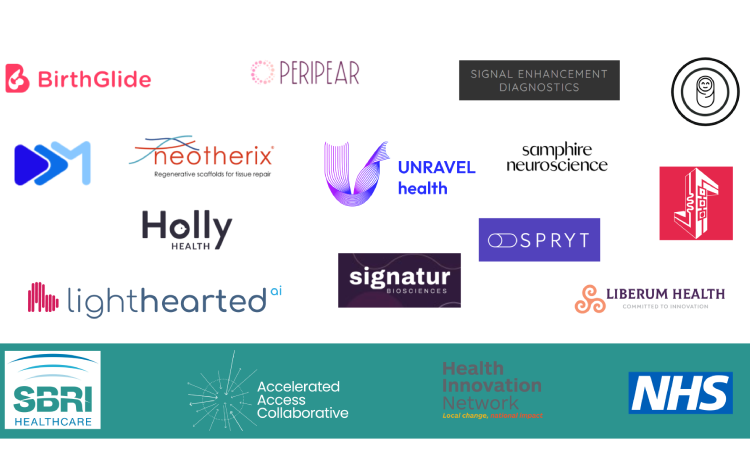Kings Fund report suggests NHS fragmentation is stifling innovation

Fragmentation within the NHS and a lack of resources are stopping the spread of innovation, a new report has suggested.
The Kings Fund report, commissioned by the Academic Health Science Networks (AHSN), charted the journeys of eight innovations from creation to widespread use.
The report praises the fact that entrepreneurship is “alive and well in the NHS” but it highlights the barriers innovators are facing.
The case studies, which ranged from early diagnosis of chronic liver disease to a secure text messaging platform for school nurses, revealed the fragmentation of the NHS is one of these barriers as it makes it harder to develop shared approaches and transmit learning across sites.
The report then goes on to say that this fragmentation means few innovations can spread across the health service.
It adds the case studies highlight the need to have “boots on the ground” in order for new advancements to proliferate.
“Success depends not just on innovators but teams bringing together a range of skills including investment appraisal, marketing, change management, service improvement and evaluation,” it reads.
Another barrier is a lack resources, with the report recommending “the NHS sets aside less than 0.1 per cent of available resources for the adoption and spread of innovation”.
Drawing the report to a close, author Ben Collins said in looking towards the future, “the development of more integrated local health and care systems in England presents an opportunity to address many of the barriers” highlighted in the report.
Six out of the 15 AHSN members are responsible supporting the spread of new innovations, and were the commissioners of the report.
The networks connect the NHS with academic organisations and local authorities.
The AHSN is also involved in the NHS Innovation Accelerator (NIA) programme, which is designed to encourage new technologies in the NHS.
In November, NHS England announced it would be promoting 11 new innovations, including a device which can spot the early signs of sepsis, as part of the programme.





1 Comments
I’m assuming things refers to the English NHS, which uses fragmentation in an effort to drive SME-type flexibility and competition. The Scottish NHS, with powerful, well-informed Health Boards covering (and making single decisions on behalf of) around a million people, seems to have got the balance between flexibility and destructive fragmentation about right.
Comments are closed.